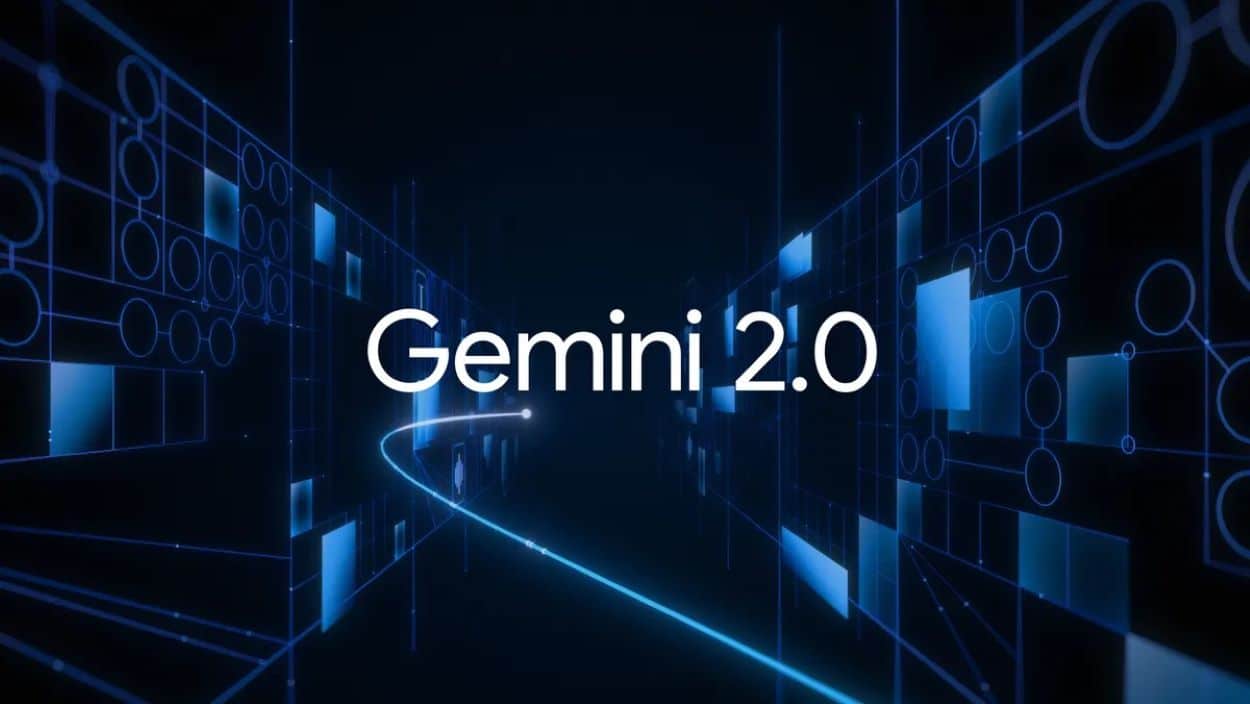Google launched Gemini 2.0, the latest in its series of artificial intelligence systems. It introduced the Flash model globally in chat format and an experimental multimodal version for developers featuring text-to-speech and image generation.
Introducing Gemini 2.0, our most capable AI model yet designed for the agentic era. Gemini 2.0 brings enhanced performance, more multimodality, and new native tool use. pic.twitter.com/C90FXCEDBV
— Google (@Google) December 11, 2024In addition, Google’s DeepMind division debuted Project Mariner, a research prototype designed to navigate websites with human-like abilities. The prototype uses the Chrome browser to move cursors, click buttons, and fill out forms.
Google CEO Sundar Pichai articulated the progress of Gemini 2.0, noting, “If Gemini 1.0 organized and understood information, Gemini 2.0 makes it far more useful.”
This advanced large language model outperforms its predecessors in code generation and producing factually accurate responses, although it falls short of Gemini 1.5 Pro in handling longer contexts.
Users can access the chat-optimized Gemini 2.0 Flash via a model drop-down menu on desktop and mobile web interfaces. Google plans to integrate it into the Gemini mobile app shortly.
The multimodal version will be available through Google’s AI Studio and Vertex AI platforms. Its full release is slated for January, and it will include more model sizes and integration into additional Google products by early 2025.
Google is setting Gemini 2.0 to rival top AI players like Microsoft, Meta, OpenAI, and emerging companies like Perplexity and Anthropic, enhancing its “agentic” AI systems capable of sophisticated interaction and autonomous action.
At The New York Times’ DealBook Summit, Pichai openly invited a comparison with Microsoft’s AI technologies, expressing confidence in Google’s competitive edge with a challenge: “I’d love to do a side-by-side comparison any day, any time.”






